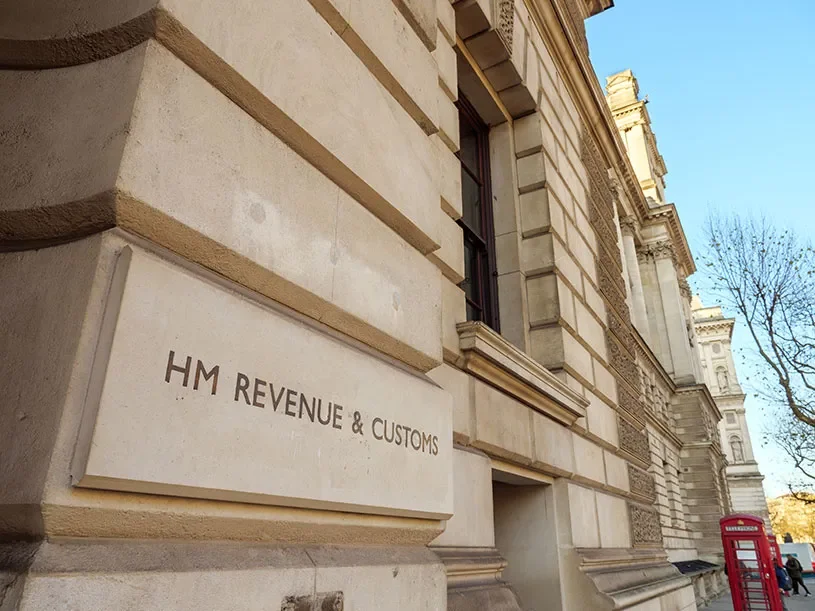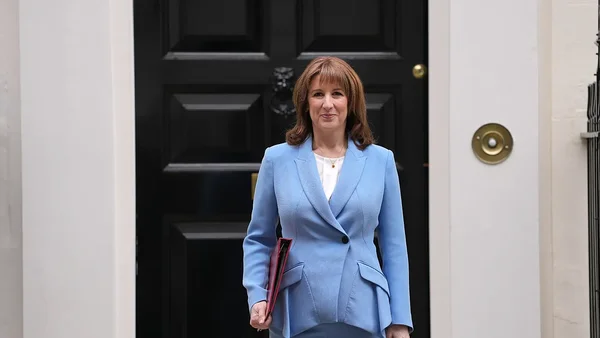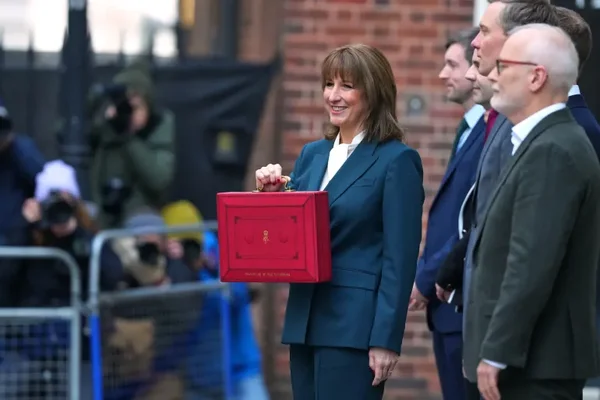HMRC slams false £800 transfer freeze rumours
HM Revenue & Customs (HMRC) has firmly rejected viral social media rumours suggesting that bank transfers over £800 are being automatically frozen. For detailed information on what happens if you don’t register for Self Assessment, visit our guide explaining HMRC rules and compliance.
Both HMRC and independent fact-checkers Full Fact have confirmed the claims are baseless. In an official statement, HMRC said: “These claims are completely false and designed to cause undue alarm and fear.”
While banks do have powers to delay transactions for fraud checks, there is no fixed threshold of £800, and HMRC is not involved in such processes.
Viral posts fuel public confusion
Rumours about the supposed freeze began spreading widely online in recent weeks, with some users insisting a new rule would apply from 1 October. A typical post warned: “From October, if you send over £800, the payment will be automatically frozen for 24 hours.”
The scare stories prompted alarm among households and small business owners, many of whom feared being locked out of their own money.
HMRC issues a clear denial
HMRC acted quickly to dispel the falsehoods. A spokesperson stated: “There are no such rules. These claims are completely false and designed to cause undue alarm and fear.”
The department emphasised that it does not instruct banks to block transfers at any amount, nor is there any policy under consideration to introduce such rules.
Fact-checkers step in
Full Fact, which reviewed the viral claims, concluded: “There is no truth to the claim that HMRC has ordered banks to automatically freeze transfers over £800.”
The group pointed out that while banks can delay or reject payments considered unusual compared with a customer’s typical activity, these decisions are made under existing anti-fraud regulations and are not triggered by any fixed threshold or HMRC directive.

What banks can and cannot do
Under existing anti-fraud rules, banks can pause suspicious transactions for up to 72 hours where fraud is suspected, but these measures are not linked to any fixed transfer amount like £800. For more details on banking fraud regulations, visit official HMRC fraud prevention guidelines.
A payment may be delayed if it appears unusual for an account holder, but there is no blanket rule or automatic freeze applied to everyday transfers.
The risks of misinformation
The £800 freeze myth is the latest in a string of false stories about supposed new financial restrictions, from cash withdrawal limits to bans on large purchases. Experts warn that such misinformation undermines trust in banks and government, while creating unnecessary stress for the public.
Full Fact urged caution: “It’s important not to share claims online unless you’re sure they’re accurate.”
Why this matters for households and businesses
The clarification offers reassurance for millions of people who make regular transfers well above £800 whether for rent, car purchases, family support, or business transactions. Small firms, in particular, rely on bank transfers of several thousand pounds to cover wages and supplier invoices.
HMRC stressed it has “no role in banks’ fraud checks” and does not interfere in routine personal or business transfers.

Final Summary
HMRC confirms no £800 transfer freeze
Despite widespread rumours online, there is no rule freezing transfers above £800. HMRC has categorically denied the claims, and Full Fact has confirmed they are false.
While banks may pause transactions if fraud is suspected, this is not linked to a fixed amount and is entirely separate from HMRC. The episode highlights how quickly financial misinformation can spread and how important it is for the public to verify before sharing.
For individuals and businesses alike, the message is clear: you can continue making transfers above £800 as usual, without fear of automatic freezes.










